Know symptoms diagnosis of brain tumour in kids
Mon 09 Jun 2025, 01:16:18
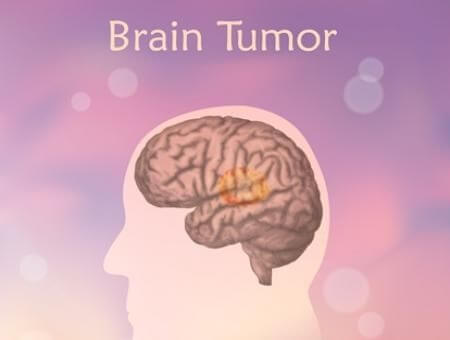
Every human being can have a tumour at any stage of life, and similarly, children are not spared. Brain tumours can occur in children of all ages. It is said that tumours in the extreme of ages are more often malignant or cancerous.
Dr Rahul Gupta, Senior Director and HOD - Neuro and Spine Surgery, Fortis Noida, explains that in children, tumours can be located in any part of the brain. These tumours lie within the brain tissue more often than in adults. Hence, the chance of having cancer is higher. Some tumours, like brainstem glioma, can be benign but behave aggressively like a cancer. Some of these may be associated with syndromes that are due to genetic mutation, and multiple problems are detected in that child. Life is very uncertain for these patients.
What are the symptoms suggestive of a brain tumour?
These tumours most commonly have headache with vomiting, increasing head size, or seizure as the first symptom. In infants, due to blockage of the flow of fluid within the ventricles of Brain, there is increased water collection known as hydrocephalus, which leads to a disproportionate increase in head size.
Young children have headaches with vomiting, irritability, reduced appetite, and loss of weight. Focal or generalised seizures are seen in most tumours and need preventive medicines. Some patients present with eye symptoms/signs like a decrease in vision, double vision, a downward fixed gaze of the eyes known as the sunsetting sign, etc.
Limb weakness or facial asymmetry can also be a feature of a brain tumour in a child. Some patients present with frequent tonic posturing due to raised pressure inside the skull. If not treated in time, these symptoms can lead to coma or even death.
What are the methods of diagnosing brain tumours in children?
Ultrasound can detect tumours or hydrocephalus in infants or even before birth. The most important and harmless investigation to detect a brain tumour is MRI. But in children, sedation or anaesthesia is required to keep the child still for 15 to 20 minutes during the scanning. A CT scan is advised in an emergency to look for hydrocephalus or signs of raised intracranial pressure. Patient is also evaluated for functions of other parts of the body by blood tests, chest X-rays, or ultrasounds of the abdomen.
What are the treatment options for a brain tumour detected in a kid?
Surgery is the main treatment needed in the majority of cases. It helps to establish the tissue diagnosis, reduce the
pressure effect of the tumour, and also debulk the mass, making it more suitable for other modalities like radiotherapy. A few children may need an additional VP shunt to divert extra fluid from the brain to the abdominal cavity. It's a relatively simple procedure with good results. Some patients with cancer need radiotherapy and chemotherapy at follow-up.A few of them may be subjected to direct radiotherapy without surgery if the risks of surgery are too high.
pressure effect of the tumour, and also debulk the mass, making it more suitable for other modalities like radiotherapy. A few children may need an additional VP shunt to divert extra fluid from the brain to the abdominal cavity. It's a relatively simple procedure with good results. Some patients with cancer need radiotherapy and chemotherapy at follow-up.A few of them may be subjected to direct radiotherapy without surgery if the risks of surgery are too high.
Is the surgery difficult?
Anaesthesia during Surgery and postoperative care in ICU is very difficult and complex. Trained paediatric neuroanesthetists are required to handle children. Surgical procedures are also quite demanding and need high-end gadgets and delicate instruments.
Can these kids be cured of Brain tumor?
Quality and longevity of life are quite compromised in cancer patients. However, patients with benign tumours live a long, healthy life if the tumour has been removed safely and completely.
What can be done by parents to prevent or deal with such a situation?
Brain tumours cannot be prevented, as there is no clear reason behind their occurrence.
Parents have a crucial role to play in dealing with these patients. They should recognise early symptoms or signs and report to their family physician asap. MRI or CT scans of the brain should be done at the slightest suspicion. If a brain tumour is detected, then they should visit a well-equipped hospital capable of dealing with such cases. Such hospitals have in-house MRI, an active pediatric Department and Pediatric ICU. Senior neurosurgeons and neuroanesthetists who have experience dealing with children with brain tumours will do a good job. Parents have to be optimistic and emotionally strong. They should follow the advice of the Neurosurgeon and oncologist and refrain from delaying the treatment. Some Parents try alternative therapy, but we have seen them coming back with treatment failure.
The news of having a brain tumour in their child is devastating and disheartening. But parents should keep their morale high and support the child physically, emotionally, and financially. They should be ready for frequent visits to the hospital and timely investigations.
Disclaimer: (Tips and suggestions mentioned in the article are for general information only and should not be construed as professional medical advice. Always consult your doctor or a dietician before starting any fitness programme or making any changes to your diet.)
No Comments For This Post, Be first to write a Comment.
Most viewed from Health
AIMIM News
Latest Urdu News
Most Viewed
May 26, 2020
Can Lionel Messi's visit boost Indian football?
Latest Videos View All
Like Us
Home
About Us
Advertise With Us
All Polls
Epaper Archives
Privacy Policy
Contact Us
Download Etemaad App
© 2026 Etemaad Daily News, All Rights Reserved.

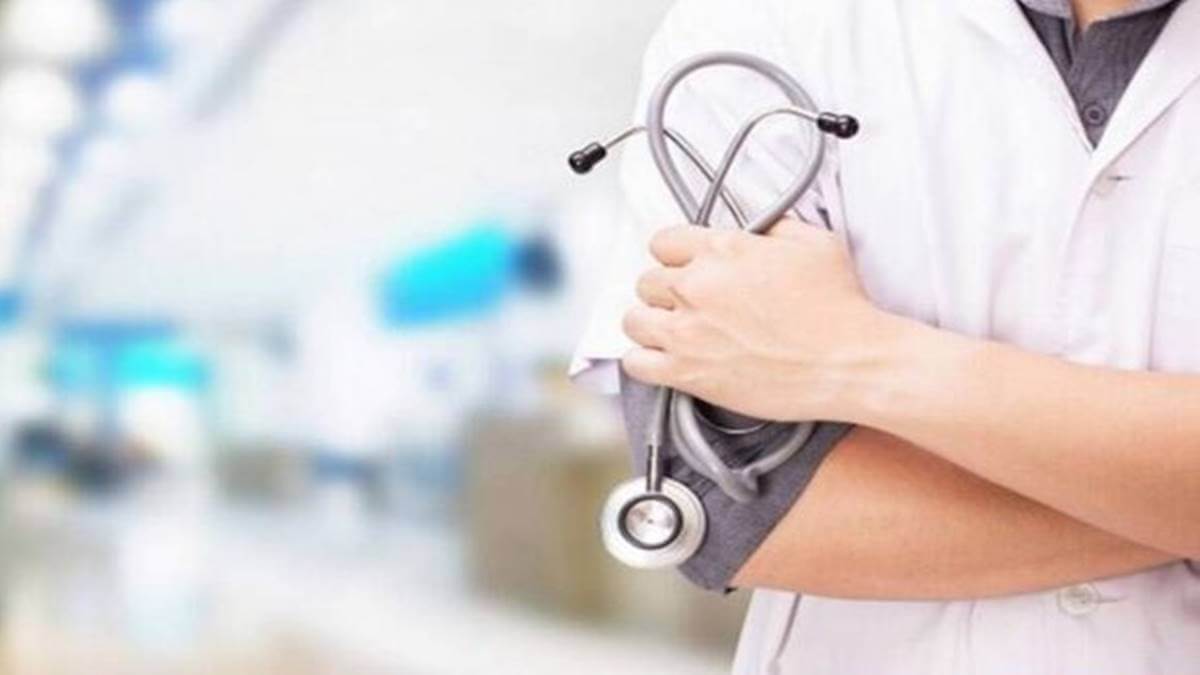

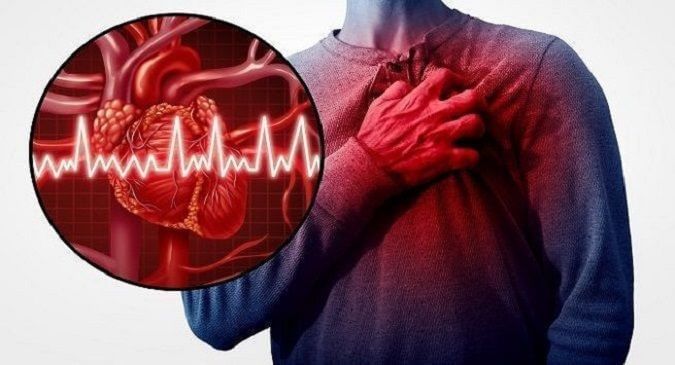
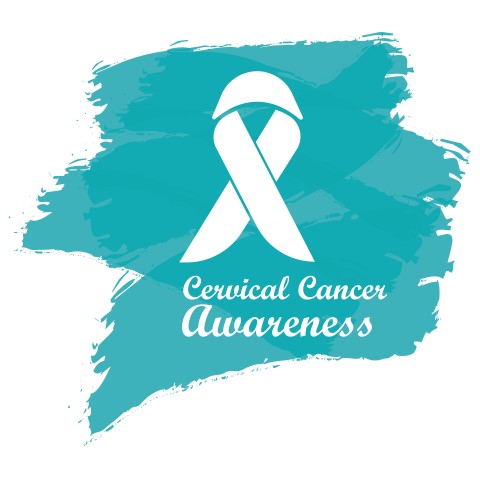



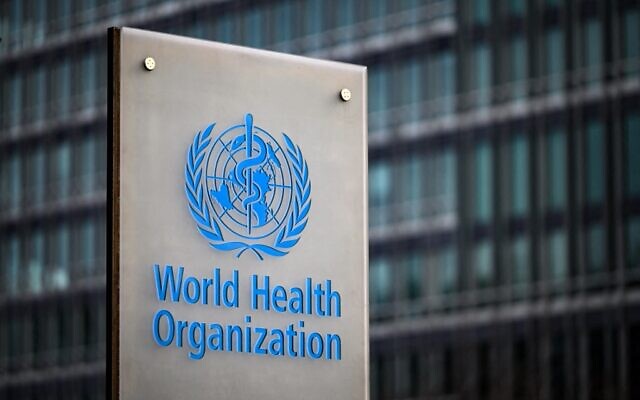
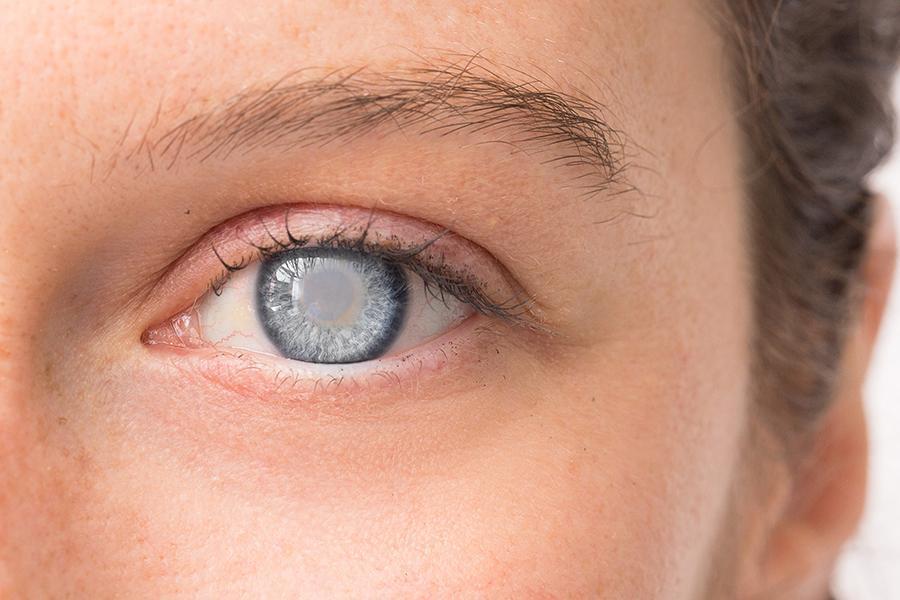

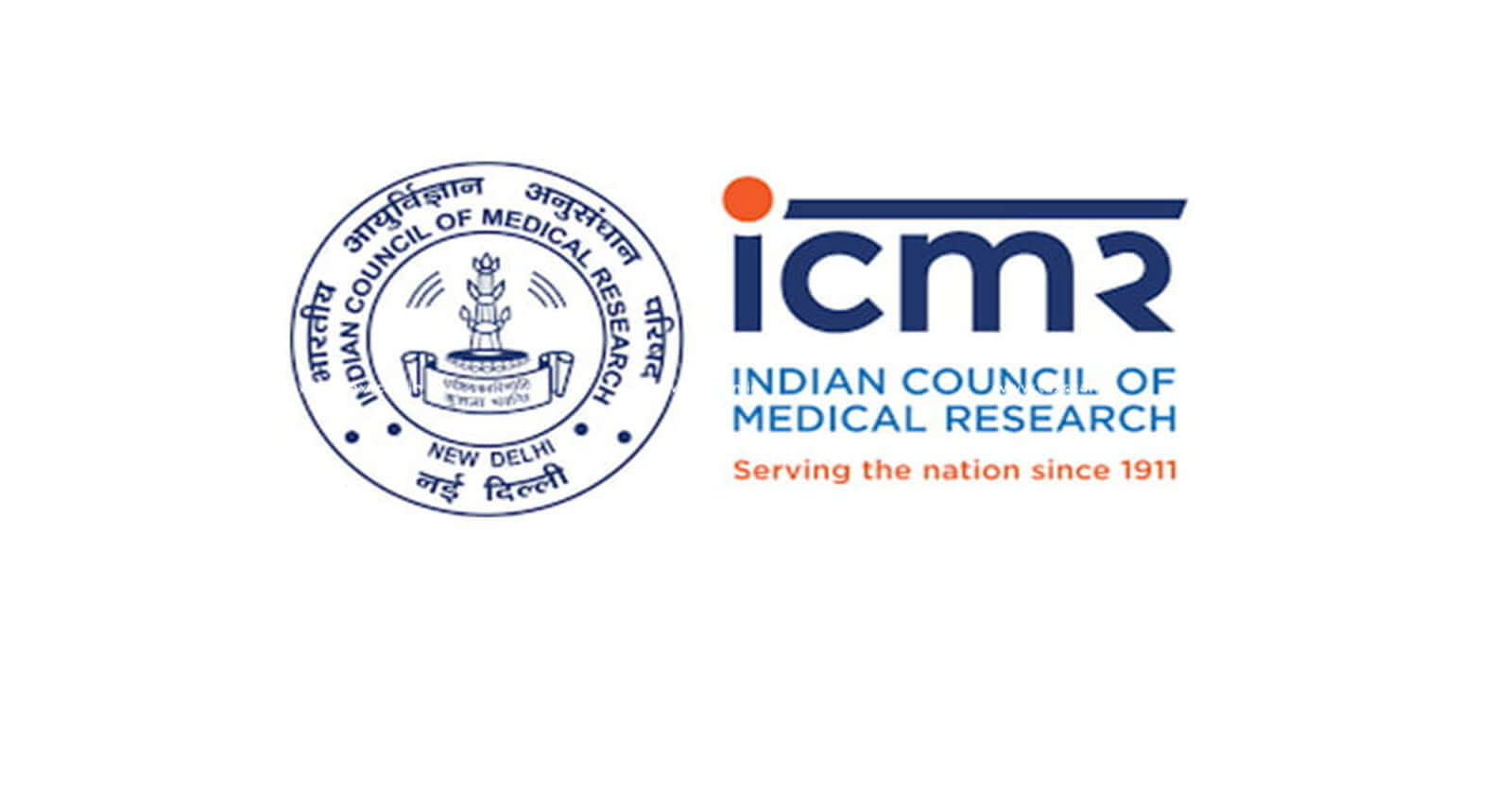













.jpg)
.jpg)
.jpg)


